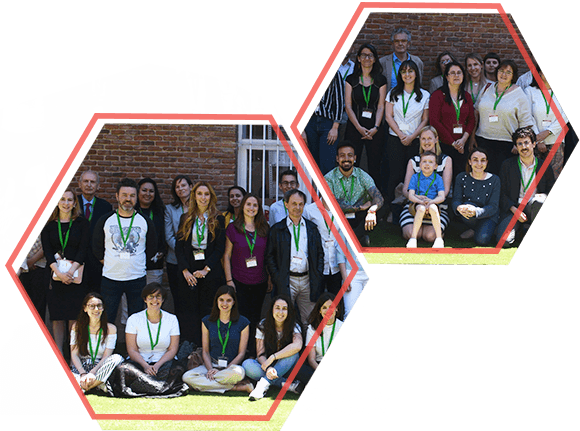Clinical Trials:
Pyruvate Kinase Deficiency (PKD)

RP-L301 is being developed for Pyruvate Kinase Deficiency (PKD), a rare, genetic blood disorder characterized by excessive rupture of red blood cells, resulting in frequent, chronic anemia that may be severe or life-threatening for some patients.
RP-L301 is an investigational gene therapy that contains autologous (patient-derived) hematopoietic stem cells (HSCs) that have been genetically modified with a lentiviral vector to contain a functional copy of the PKLR gene for the treatment of PKD.
An open-label, single-arm, global Phase 1 study (ClinicalTrials.gov ID: NCT04105166) with two adult patients and two pediatric patients (age 8-17) in the U.S. and Europe assessed the safety, tolerability, and preliminary activity of RP-L301. Rocket has also aligned with the FDA on the study design for an open-label, single arm, global registration-enabling Phase 2 trial (ClinicalTrials.gov ID: NCT06422351) to evaluate the efficacy and safety of RP-L301 for the treatment of PKD with a primary end point of improvement in anemia (Hemoglobin (Hb) level increase of ≥1.5g/dL) at 12-months post-infusion.
Interested in learning more?
Visit our Patients & Caregivers page or email us at clinicaltrials@nullrocketpharma.com.
For more details about the trial, visit clinicaltrials.gov.
To read our Expanded Access statement, click here.
